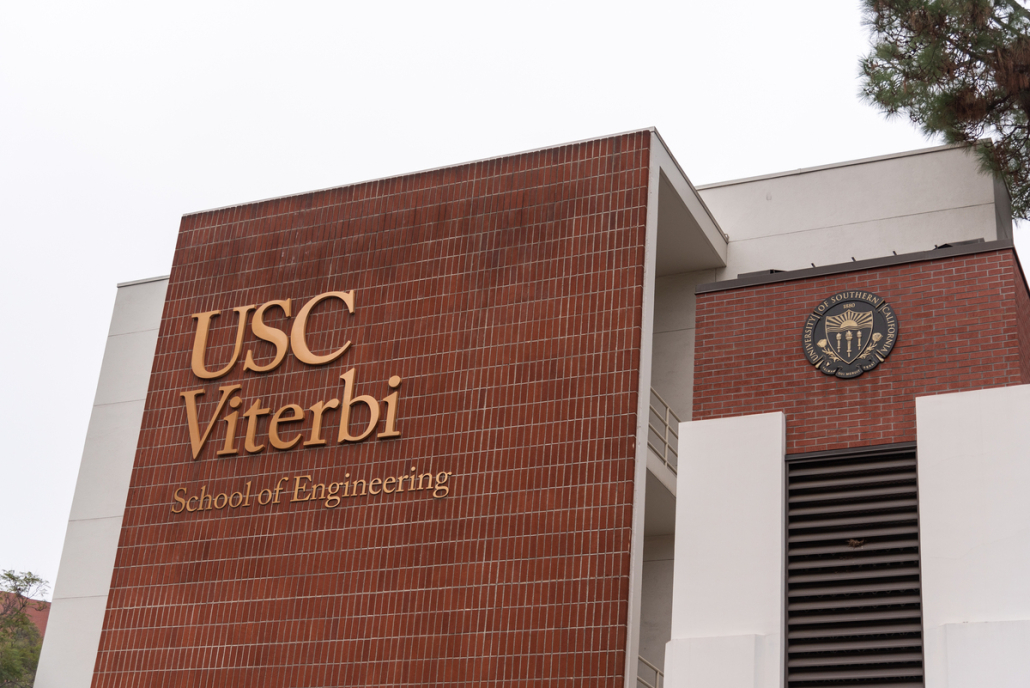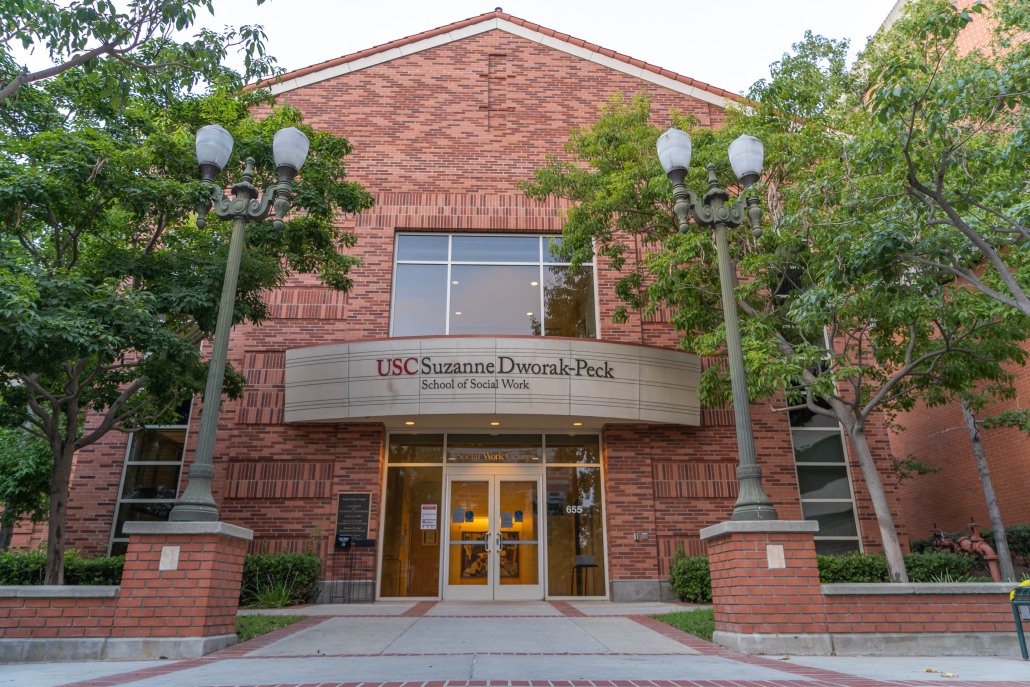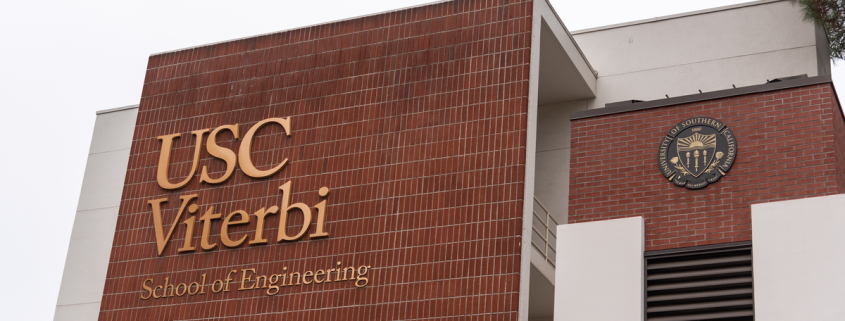Ph.D. student decodes language barriers

Katy Felkner, a third-year Ph.D. student at USC’s Information Sciences Institute, began her undergraduate education as a physics major. Realizing her true passion was in technology, she switched to study computer science. Today, Felkner is developing a translation system geared toward Indigenous languages that have few native speakers in the United States.
“In undergrad, my other major was working for a project called the Digital Baton Library, and that’s the first time I really got exposed to language technologies,” Felkner said. “That was more in the digital humanities realm, but I was always more interested in the computational and more technical aspects.”
Felkner is researching ways to simplify language barriers by developing language processing technology for Indigenous speakers. She uses low-resource neural machine translation in order to program a system capable of learning languages that are spoken mainly by Indigenous peoples seeking asylum, much like a human would use their own knowledge to translate from one language to another.
Felkner’s research, which she does alongside mentor Jonathan May, a research associate professor at the Viterbi School of Engineering, focuses on the K’iche’ language, a Guatemalan language spoken by approximately one million native individuals. Felkner estimates that there are hundreds of monolingual K’iche’ speakers seeking asylum in the United States each year.
“Currently, we’re still working on developing a decent system for K’iche’,” Felkner said. “But we’re developing methods that can be used to extend the same technology to other languages that have similar levels of resources available and have similar histories.”
There is a shortage of translators for asylum seekers who speak Indigenous languages, Felkner said, which often prevents these individuals from efficiently applying for asylum as they’re unable to communicate or access understandable resources. Felkner’s work could simplify the process by easing the burden of translation between organizations and asylum seekers.
“Some of the people who are treated the least well are people who are seeking asylum in the United States … The people who have even less ability to get a fair share are the people who cannot communicate at all within the system,” May said. “It’s really vitally important to be able to have a fair stake at your day in court, to be able to communicate effectively that you are in grave danger.”
Kristen Zaleski, psychotherapist and founding director of the Human Rights Clinic at the USC Suzanne Dworak-Peck School of Social Work, said she believes the type of innovative technology Felkner is working on is groundbreaking for multiple reasons. Access to electronic records of immigration trends progresses advocacy efforts for human rights and social justice, she said. It also has the potential to familiarize immigrants with technology previously unfamiliar to them.
“We provide evidence to immigration court of trauma, and there have been cases where indigenous communities’ clients have been unable to communicate with us because we can’t find a translator that speaks their language,” Zaleski said. “Having an ability to understand someone’s native language and tell their story, in their own words, is so crucial.”

Felkner said the desire to do good for those who recieve little help otherwise drives her.
“It’s fulfilling to know that I’m really doing something that not a lot of people are doing, and it’s fulfilling because I’m working on a really, really fundamentally difficult problem,” Felkner said. “Even for languages where more data does exist, it’s an interesting and necessary problem to try to learn to do things more efficiently and use less data.”
As an undergraduate at the University of Oklahoma, Felkner said she didn’t have much access to courses that aligned with her interest in language technology, so she taught herself material before arriving at USC.
“I was trying to push the boundaries of machine translation before I even knew how to do the easy problems of the field,” Felkner said. “It made it a lot harder to learn and it made things take longer, but in some ways it was helpful because I didn’t come in with as many preconceived notions about what the limitations of certain algorithms or types of models would be.”
May said there is essentially no data to work with, as K’iche is infrequently written and documented, and none of the researchers speak the language — rendering their work rather difficult.
Felkner said she hopes to complete the K’iche’ translation system and eventually generalize the technology to other languages, while pushing the boundaries of what is considered the “lowest” amount of available data to be able to do so.
She’s also working on an English language model designed to eliminate computer languages that have inherited biases, specifically anti-trans biases. Down the line, Felkner said she wants to become a professor to create more welcoming spaces for women and queer people in computer science departments. She feels this is increasingly important as artificial intelligence becomes prevalent in everyday interactions.
“Like it or not, AI is running our daily lives these days. Everyone has the ability and the right to understand at least how these systems work, and I want to make it possible,” Felkner said. “I want to keep doing this for resource research, and also fairness research.”
May said he commends Felkner for her commitment to her work and eagerness to continue trying to push boundaries, even when it’s incredibly difficult to do so.
“She’s indefatigable … she goes bravely where no one else has gone before,” May said. “One of my favorite things is working with somebody who’s so brave to work on these problems and come back with updates — it’s a very hard problem — and she’s able to make progress every time we meet.”

